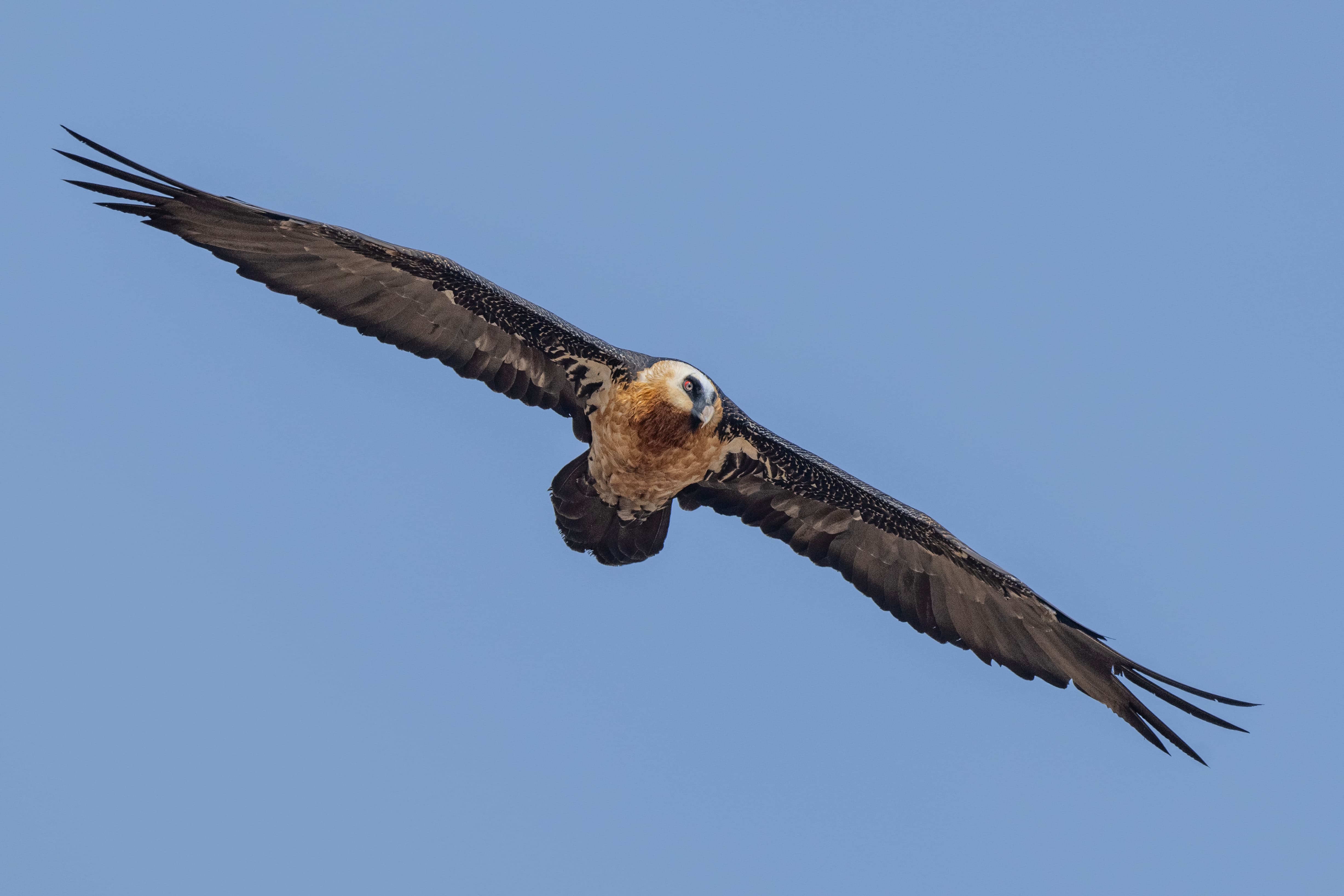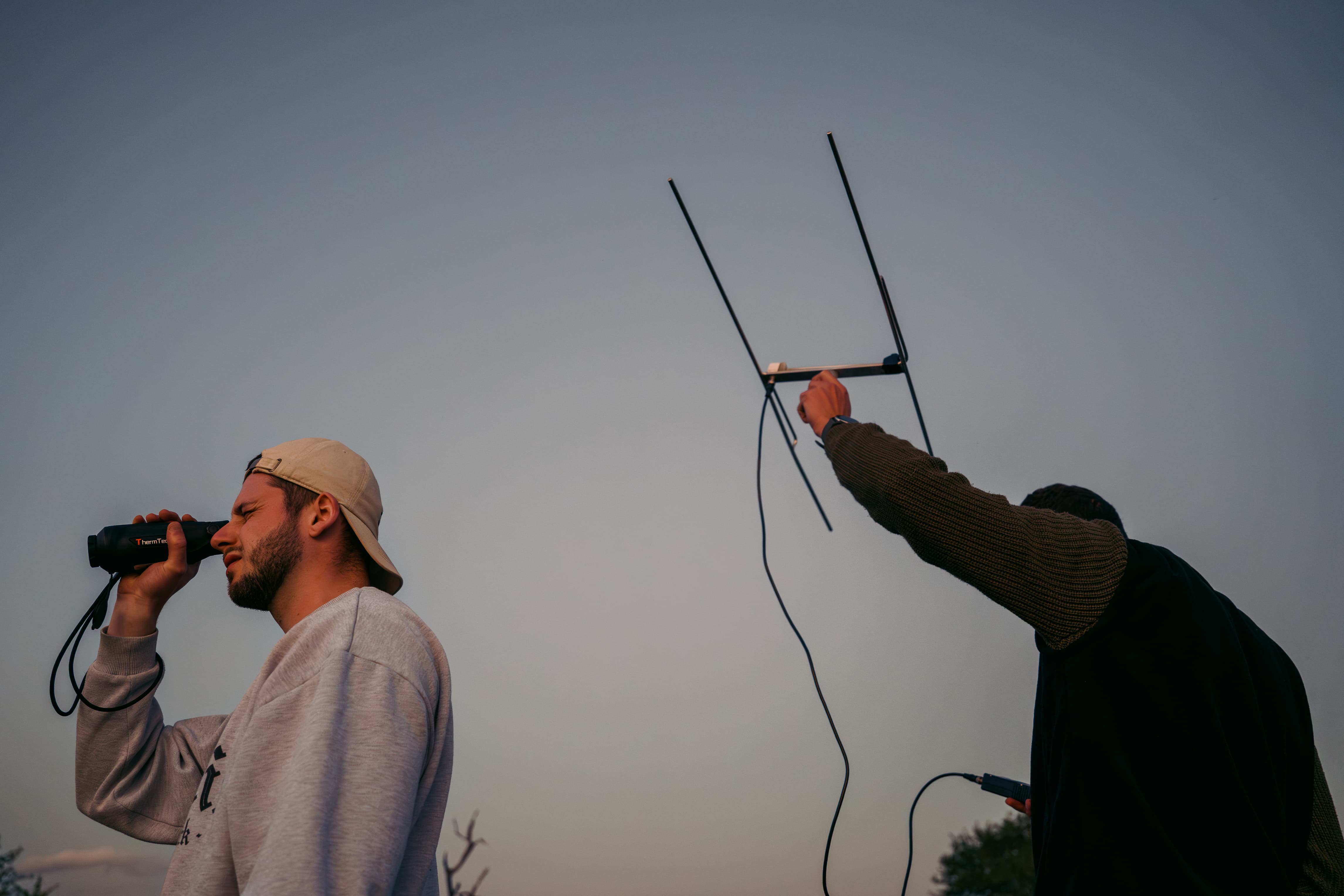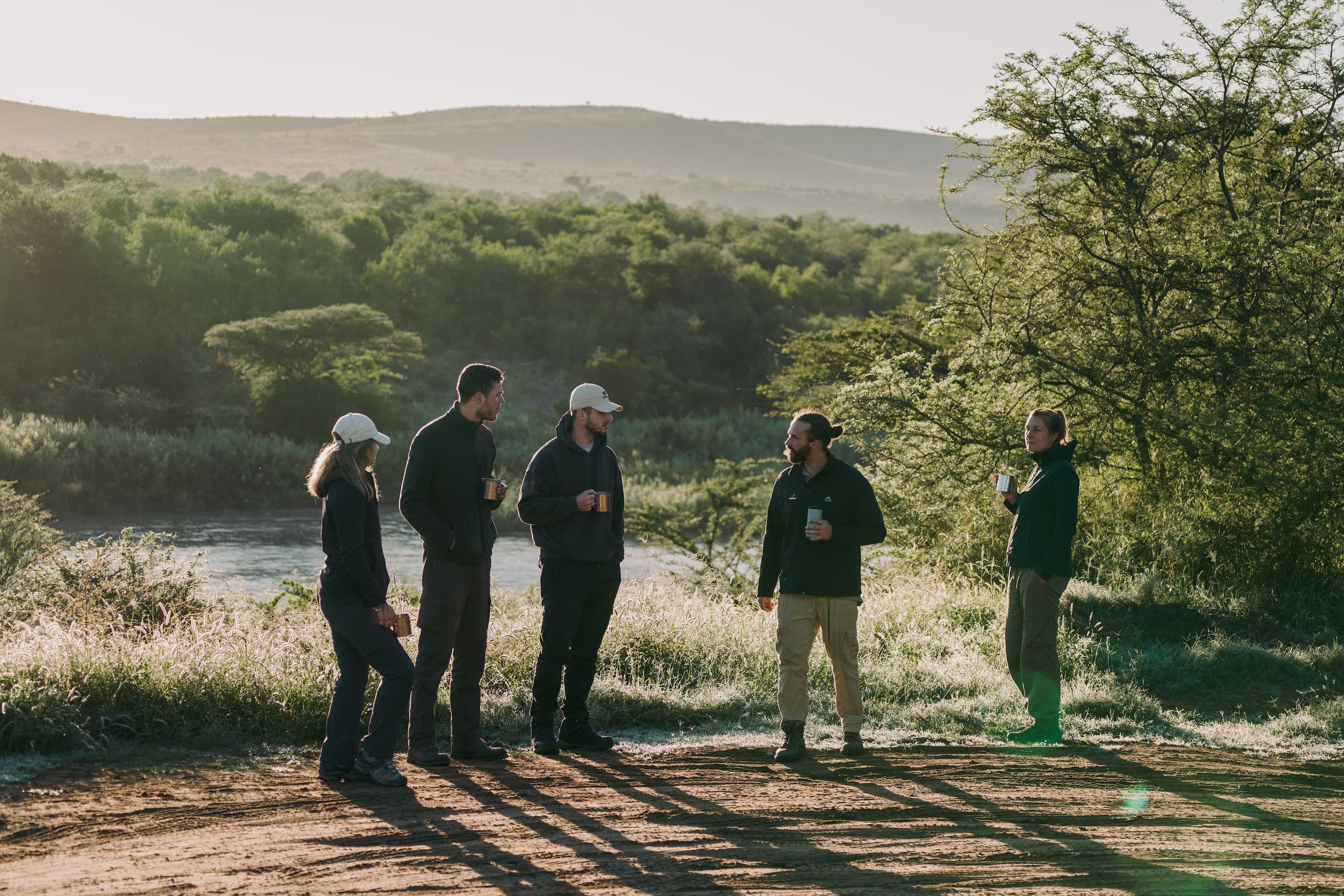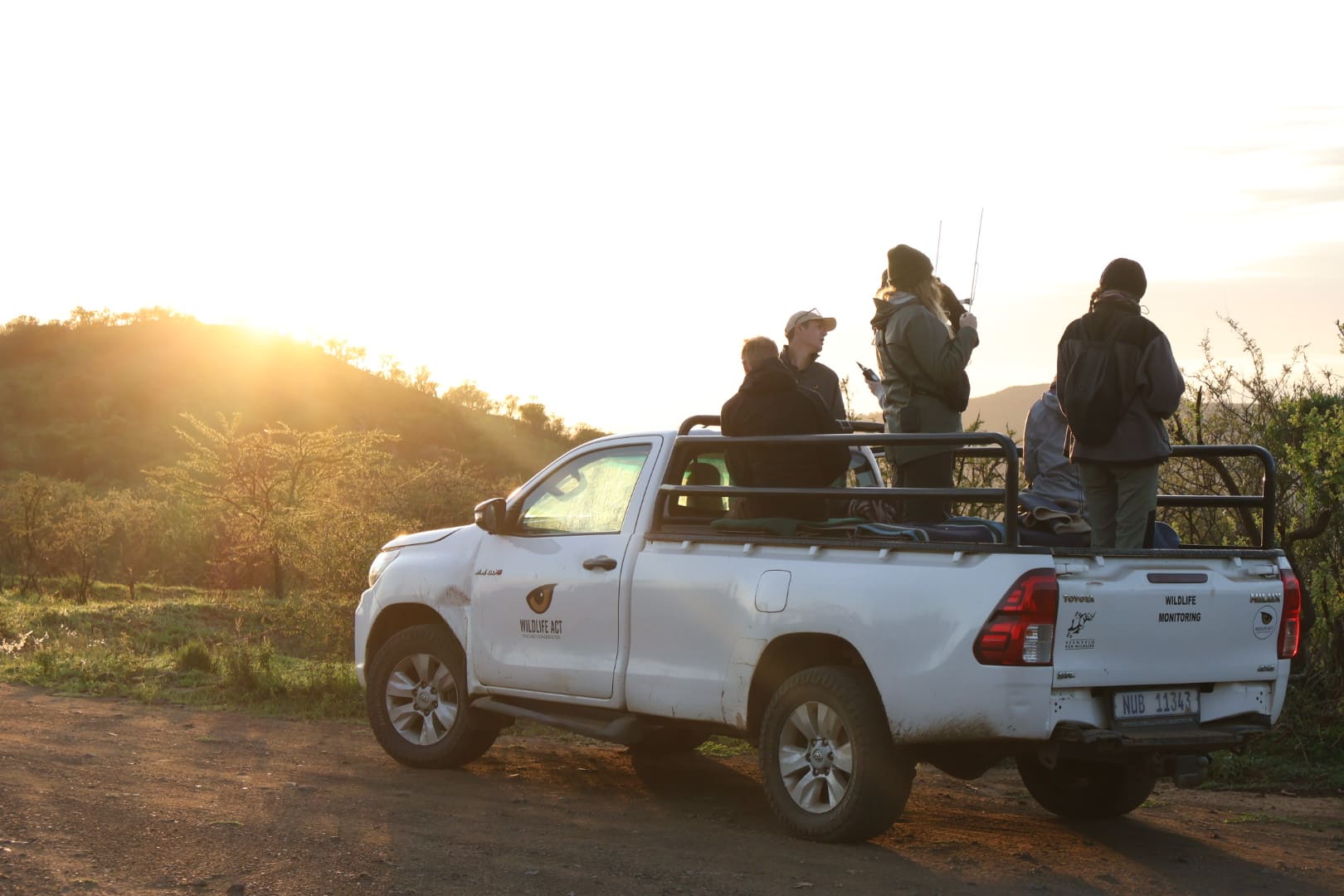Why Ethical Wildlife Volunteering Matters
Volunteering for wildlife conservation is one of the most powerful ways individuals can contribute to protecting endangered species and preserving vital ecosystems. Yet not every volunteer project lives up to its promises. While some programs focus on measurable conservation outcomes, others emphasize entertainment or short-term experiences that may harm rather than help the wildlife they claim to support.
Ethical wildlife volunteering choices ensure that your time, effort, and investment create real, positive change. Ethical programs prioritise species welfare, apply conservation science, engage local communities, and align with long-term biodiversity goals. By contrast, unethical or poorly designed projects can exploit animals, mislead volunteers, and divert precious resources away from true conservation needs.
Understanding the difference is essential, and while important, choosing the right program is not just about finding a rewarding experience for yourself; it is about becoming part of a global effort to address the biodiversity crisis and ensure the future survival of the world’s most vulnerable species.
What Is an Ethical Wildlife Volunteer Program?
An ethical wildlife volunteer program is one that places the needs of wildlife, habitats, and communities at its core. Rather than focusing on volunteer entertainment or tourist-style interactions, these programs operate within conservation frameworks guided by science, professional expertise, and long-term planning.

Understanding Conservation Impact
Genuine conservation programs aim to generate measurable outcomes. This might include endangered species monitoring, population tracking, habitat restoration, or the removal of poaching threats. The key is that these activities are grounded in a broader conservation strategy and contribute directly to species survival or ecosystem resilience.
The Role of Professional Conservation Teams
Ethical programs are staffed and led by trained conservation professionals who bring years of experience and scientific knowledge to their work. Volunteers play an important supporting role, assisting with essential fieldwork and data collection, while the core management and decisions remain in expert hands, underpinned by provincial and national Biodiversity and Species Management Plans. This ensures that the conservation activities are effective and that volunteers are contributing meaningfully to both the project’s goals and the wider conservation picture.

Avoiding Harmful Wildlife Interactions
Perhaps one of the most important features of ethical programs is their strict avoidance of unnecessary wildlife interactions. Ethical conservation does not involve cub petting, walking with lions, or taking selfies with wild animals. These types of activities may appear appealing but are deeply harmful, leading to behavioural disruptions, breeding for profit, or reinforcing demand for captive wildlife attractions. Ethical projects keep wild animals wild, ensuring that any human interaction is limited to conservation necessity, such as when fitting tracking collars or performing medical interventions.
How to Evaluate a Wildlife Volunteer Project
Before joining a wildlife volunteer program, it is essential to carry out careful research. Knowing what to look for and what to avoid can make the difference between joining a program that drives genuine conservation outcomes and one that creates serious harm.
Check for Conservation Partnerships and Credibility
One of the strongest indicators of a program’s credibility is its formal partnerships with respected conservation authorities, research institutions, or international non-profits. Wildlife ACT, for example, works directly with Ezemvelo KZN Wildlife, WWF South Africa, Panthera, the Endangered Wildlife Trust, Project Rhino, and Project Vulture. These collaborations ensure that the work conducted by volunteers fits into wider national and regional conservation strategies and is regularly reviewed for effectiveness.

Assess Transparency and Financial Accountability
Ethical volunteer programs are open about how volunteer fees are used and can provide detailed information on how funds support conservation work. This includes covering essential equipment, fuel, vehicle maintenance, staff salaries, and conservation materials. If a program is vague or evasive about where your fees go, it is a sign to be very cautious. Clear reporting, regular updates, and evidence of conservation results are all hallmarks of a trustworthy organization.
Consider Volunteer Group Size and Roles
The size of the volunteer group can significantly affect the quality of both the conservation work and the volunteer experience. Programs that limit the number of participants, such as Wildlife ACT’s maximum of six volunteers per reserve, allow for more meaningful engagement and closer interaction with conservation staff. In contrast, large-group programs may focus more on managing tourists than on achieving conservation goals. Understanding what you will actually be doing each day is essential. Ethical programs clearly explain volunteer tasks and ensure they align with the project’s conservation priorities.

Look for Community Support and Engagement
Effective conservation cannot succeed without the involvement and upliftment of local communities. Ethical programs work hand in hand with local people, offering environmental education, conservation employment, human-wildlife conflict mitigation, and opportunities for long-term collaboration. Wildlife ACT’s Community Conservation Programme is an example of this approach, building local stewardship and creating pathways for youth leadership, conservation careers, and coexistence initiatives.

Understand the Conservation Goals and Impact
An ethical wildlife volunteer project should clearly articulate its conservation goals and explain how volunteer contributions support these objectives. Rather than vague promises or loosely defined missions, trustworthy organisations are grounded in long-term conservation strategies and measurable outcomes. This may include population monitoring, habitat protection, or mitigating threats such as poaching or human-wildlife conflict.
Reject Commercial Breeding and Exploitative Wildlife Practices
One of the clearest indicators of an unethical program is its involvement in captive wildlife interactions or commercial breeding. Any project that offers cub petting, walking with lions, or close-contact experiences with wild animals is not rooted in conservation science. These practices may seem harmless but they often involve unethical breeding, behavioural manipulation, and a complete disregard for animal welfare. Ethical organisations, like Wildlife ACT, reject all forms of wildlife exploitation for entertainment or profit. Conservation should never come at the expense of the species it aims to protect, and any human interaction with wildlife must be justified by conservation necessity alone.
Using External Resources to Make an Informed Decision
In addition to researching individual volunteer programs, it is important to explore independent, third-party resources that assess conservation ethics and highlight best practices. These platforms offer valuable insights and help potential volunteers avoid misleading or unethical operations.
One such resource is Wild Choices, an independent website that evaluates wildlife tourism and volunteer projects in Southern Africa, focusing on ethical standards, animal welfare, and conservation impact. Wild Choices offers transparent, research-based assessments that help visitors identify reputable organizations and avoid harmful wildlife interactions.
Another useful resource is the Facebook page Volunteers in Africa Beware, a community-driven platform where past volunteers share their experiences, raise concerns, and flag unethical practices in the African voluntourism sector. This group serves as a real-time forum to hear firsthand accounts and gather important context before committing to a program.
Volunteers are also encouraged to explore the Blood Lions campaign — a Wildlife ACT partner and a powerful initiative exposing the cruelty of the captive lion breeding industry and associated tourism activities, including cub petting, canned hunting, and the lion bone trade. The campaign provides factual resources and advocacy tools to help volunteers, travellers, and operators stand against exploitative practices and support ethical wildlife conservation.
By combining your own research with independent sources like these, you can make confident, well-informed decisions that align with your conservation values. Ethical volunteering is about more than choosing a destination, it is about choosing integrity, science, and impact.
Why Ethical Choices Make a Difference
The decisions you make as a volunteer have ripple effects that extend far beyond your individual experience. When you choose an ethical conservation program, you become part of a network of people working together to achieve lasting outcomes for endangered species and habitats. You help ensure that resources are allocated effectively, that conservation science is upheld, and that local communities are respected and involved.
In contrast, supporting unethical programs — even unintentionally — can perpetuate harmful practices, distort conservation priorities, and weaken trust between legitimate conservation organizations and the public. Ethical choices strengthen the conservation sector as a whole, reinforcing best practices and ensuring that vulnerable wildlife has a real chance of survival.
Why Wildlife ACT Is a Leader in Ethical Wildlife Volunteering
Wildlife ACT has been delivering conservation impact for over 15 years, working across KwaZulu-Natal’s most critical wildlife landscapes and beyond. With a focus on endangered and priority species, including African Wild Dogs, Black and White Rhinos, Cheetahs, Lions, Leopards, Elephants, and Vultures, Wildlife ACT’s programs are deeply embedded in scientific research, professional expertise, and regional conservation strategies.
Volunteers with Wildlife ACT are not passive observers or eco-tourists. They become integral members of the conservation team, working side by side with experienced monitors and ecologists to track wildlife movements, record essential data, respond to emergency threats, and contribute to species recovery initiatives. From Zululand’s protected reserves to the Seychelles’ North Island, Wildlife ACT volunteers play a meaningful role in efforts that matter.
Importantly, Wildlife ACT does not engage in captive wildlife interactions or promote tourist-style animal experiences. Every activity is conservation-focused, ethically grounded, and designed for long-term ecological benefit. The organization’s formal partnerships with respected conservation bodies, its multiple global awards, including the World Responsible Tourism Award for Best Nature-Positive Tourism, and its reputation for integrity and transparency have positioned it as a leader in the field.

Making Your Volunteer Effort Count
Volunteering for wildlife conservation offers the chance to join a movement larger than yourself, one that is working tirelessly to protect the planet’s most vulnerable species and fragile ecosystems. But with that opportunity comes responsibility. It is up to each of us to ensure that the projects we support are ethical, effective, and aligned with the true needs of conservation.
By choosing a program that is transparent, science-driven, community-engaged, and professionally led, you can be confident that your time, energy, and investment will help generate real impact. At Wildlife ACT, every volunteer becomes part of a purpose-driven team dedicated to making a difference — not just for today, but for the generations to come.
If you are ready to take the next step, we invite you to learn more about Wildlife ACT’s conservation volunteer opportunities and join a global community working to protect Africa’s wildlife.
Cover image by Tim Jamboula / www.yet.agency



.jpg)






